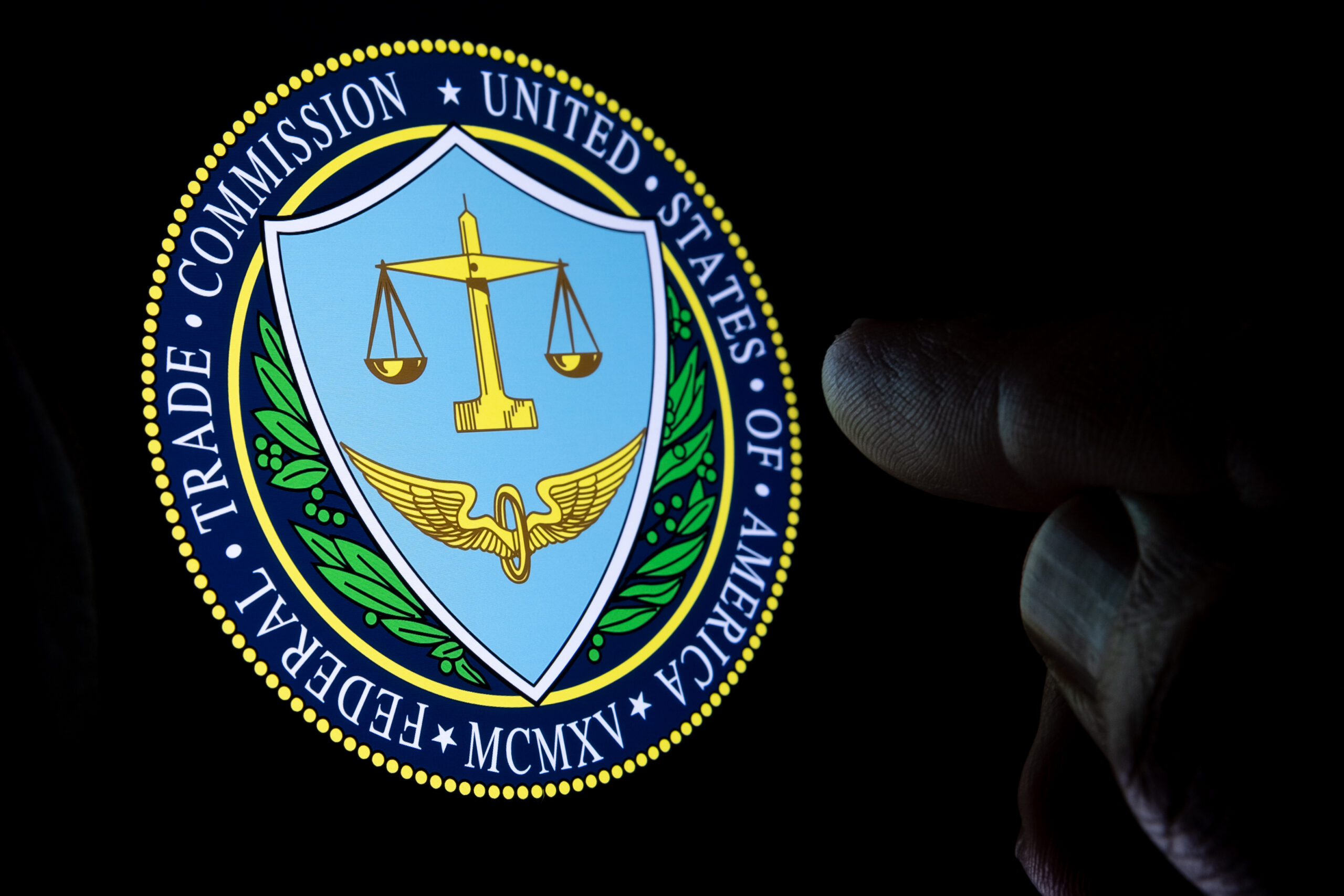
FTC’s Final Rule on Noncompetes in the US: A Landmark Decision
In a significant move towards protecting workers’ rights and fostering a fairer job market landscape, the Federal Trade Commission (FTC) has introduced a groundbreaking final rule on noncompete agreements in the United States. The decision comes as a response to growing concerns regarding the widespread use and potential abuse of noncompete clauses by employers across various industries.
Understanding Noncompete Agreements:
Noncompete agreements are contractual clauses that restrict employees from working for or starting competing businesses within a specified time frame and geographic area after leaving their current employer. While these agreements can serve legitimate purposes, such as protecting trade secrets or proprietary information, they have increasingly come under scrutiny for their potential to stifle competition, limit employee mobility, and suppress wage growth.
The Need for Regulation:
The proliferation of noncompete agreements in recent years has raised alarms among policymakers, labor advocates, and economists. Critics argue that overly broad and restrictive noncompete agreements can unfairly tether workers to their current employers, preventing them from seeking better opportunities, advancing their careers, or starting their own ventures. Moreover, the enforcement of such agreements has been found to disproportionately affect low-wage workers and hinder entrepreneurship and innovation.
Key Provisions of the FTC’s Final Rule:
The FTC’s final rule on noncompete agreements represents a significant step towards addressing these concerns and promoting a more equitable labor market. Key provisions of the rule include:
- Ban on Noncompete Agreements for Low-Wage Workers: The final rule prohibits the use of noncompete agreements for workers earning less than a certain threshold, thereby safeguarding the rights of low-wage employees who may be particularly vulnerable to exploitation and economic hardship.
- Requirement for Clear and Conspicuous Disclosure: Employers are now mandated to provide clear and conspicuous disclosure of noncompete clauses to employees prior to their acceptance of a job offer or commencement of employment. This ensures that workers are fully informed about the terms and implications of such agreements.
- Limitation on Duration and Geographic Scope: The final rule imposes restrictions on the duration and geographic scope of noncompete agreements, preventing employers from imposing excessively long or geographically expansive restrictions that unduly restrict employee mobility.
- Exceptions for Legitimate Business Interests: While the rule imposes stricter limitations on noncompete agreements, it also recognizes the legitimate business interests that such agreements may serve, such as protecting trade secrets, confidential information, and goodwill. Employers are allowed to enforce noncompetes within reasonable bounds that are necessary to protect these interests.
- Prohibition of Retaliation: Employers are prohibited from retaliating against employees who refuse to enter into or comply with noncompete agreements, ensuring that workers are not coerced or penalized for exercising their rights.
Implications and Future Outlook:
The FTC’s final rule on noncompete agreements marks a significant milestone in the ongoing effort to reform labor practices and promote fairness in the workplace. By curbing the abuse of noncompetes and enhancing transparency and accountability in their use, the rule aims to empower workers, stimulate competition, and foster a more dynamic and innovative economy.
However, challenges remain in ensuring effective enforcement and compliance with the new regulations. Employers, policymakers, and legal experts must work collaboratively to navigate the complexities of noncompete agreements and strike a balance between protecting legitimate business interests and safeguarding workers’ rights.
In conclusion, the FTC’s final rule on noncompetes represents a positive step towards creating a more equitable and inclusive labor market. By establishing clear guidelines and limitations on the use of noncompete agreements, the rule aims to promote competition, spur innovation, and enhance economic opportunity for workers across the United States.
Contact Our Attorneys Today
For more information about our corporate practice, contact us at 484-414-4093 or info@kendallpc.com. Our distinguished firm proudly serves small, midsized, and emerging businesses throughout the United States and across the globe.



